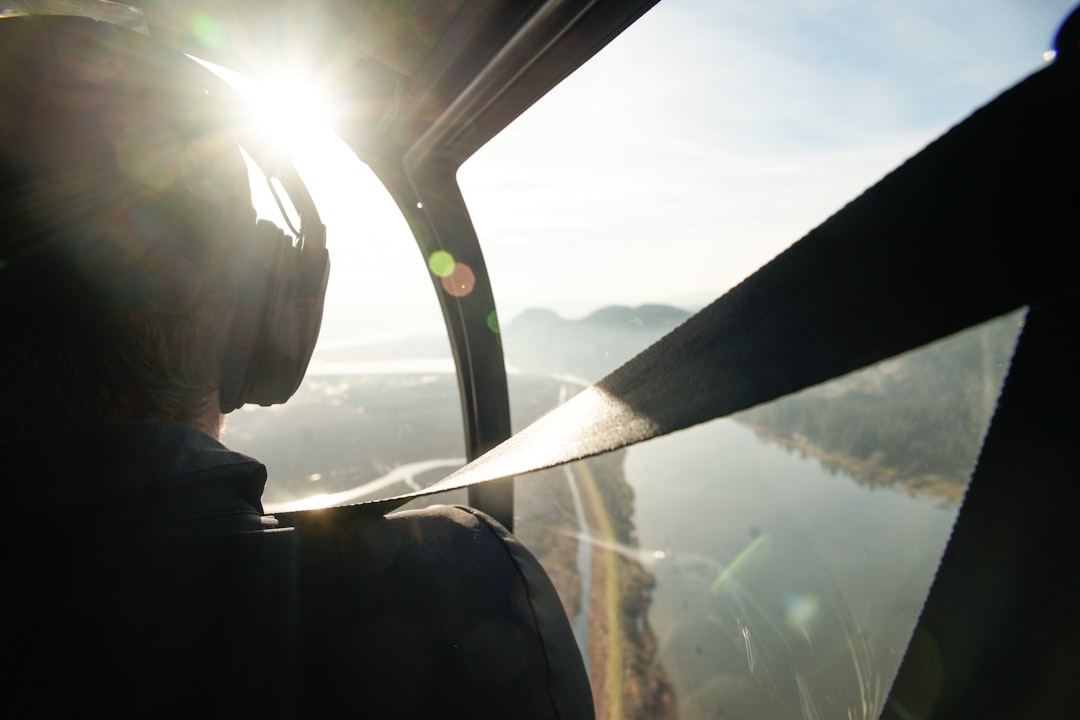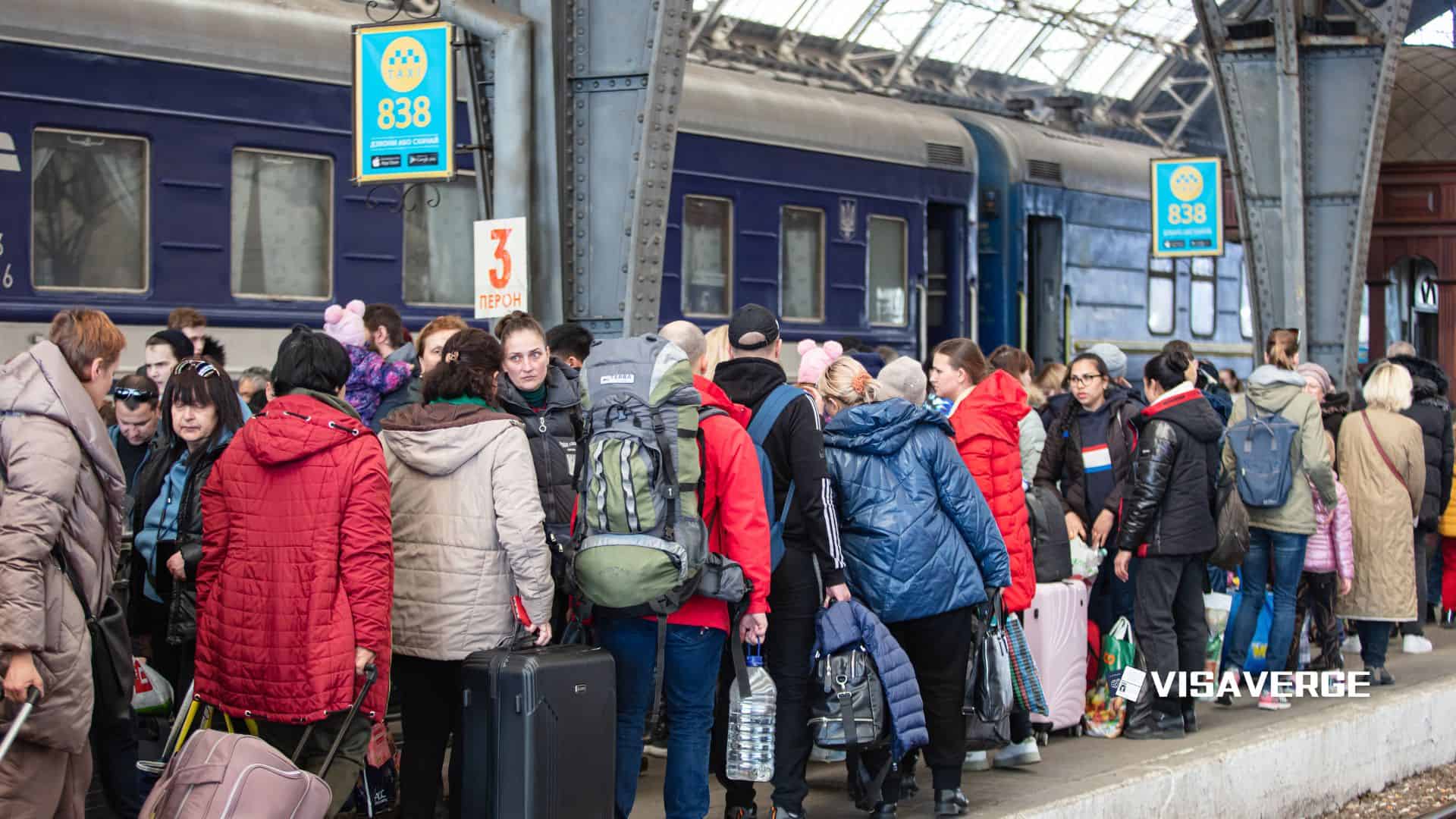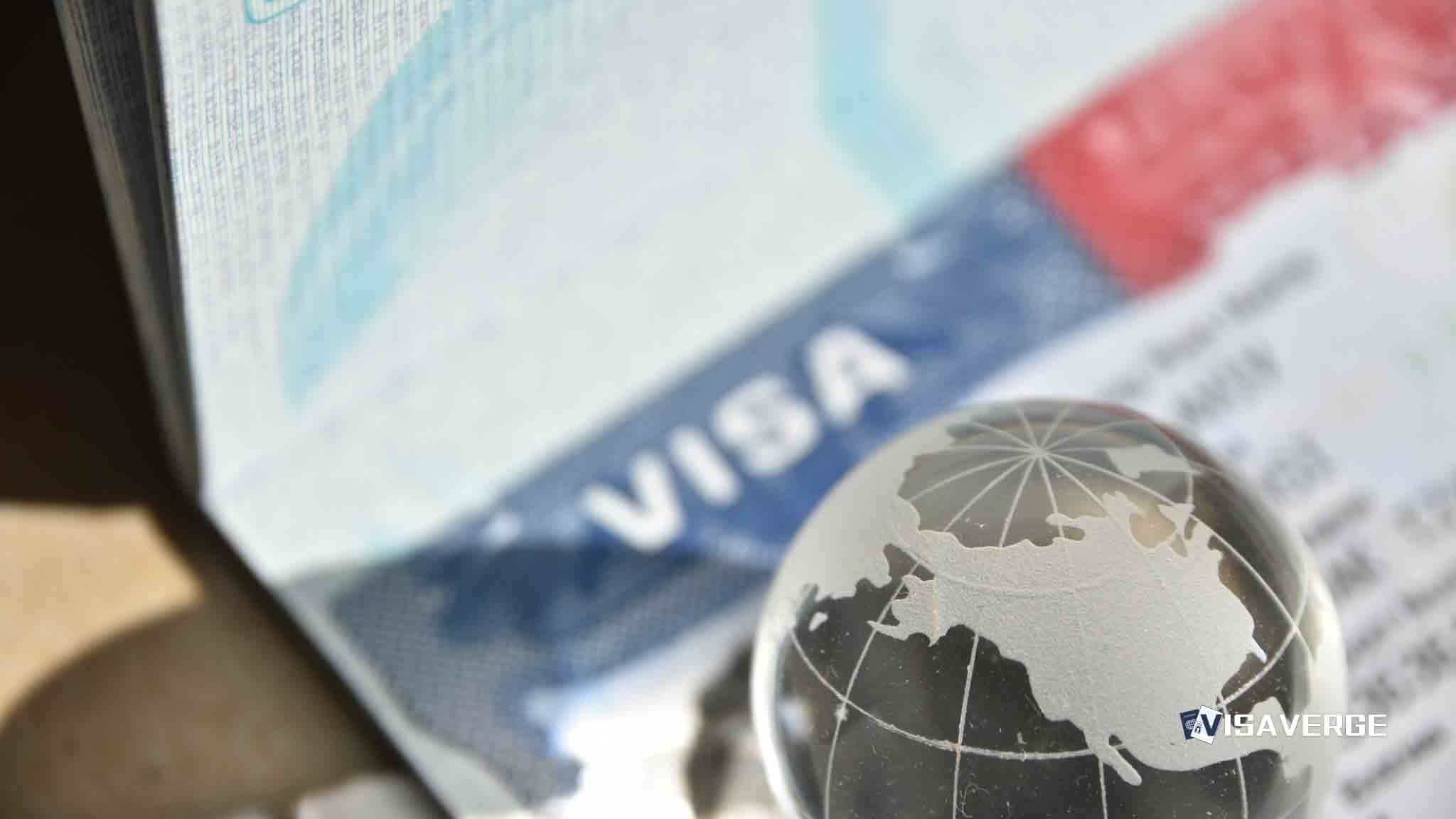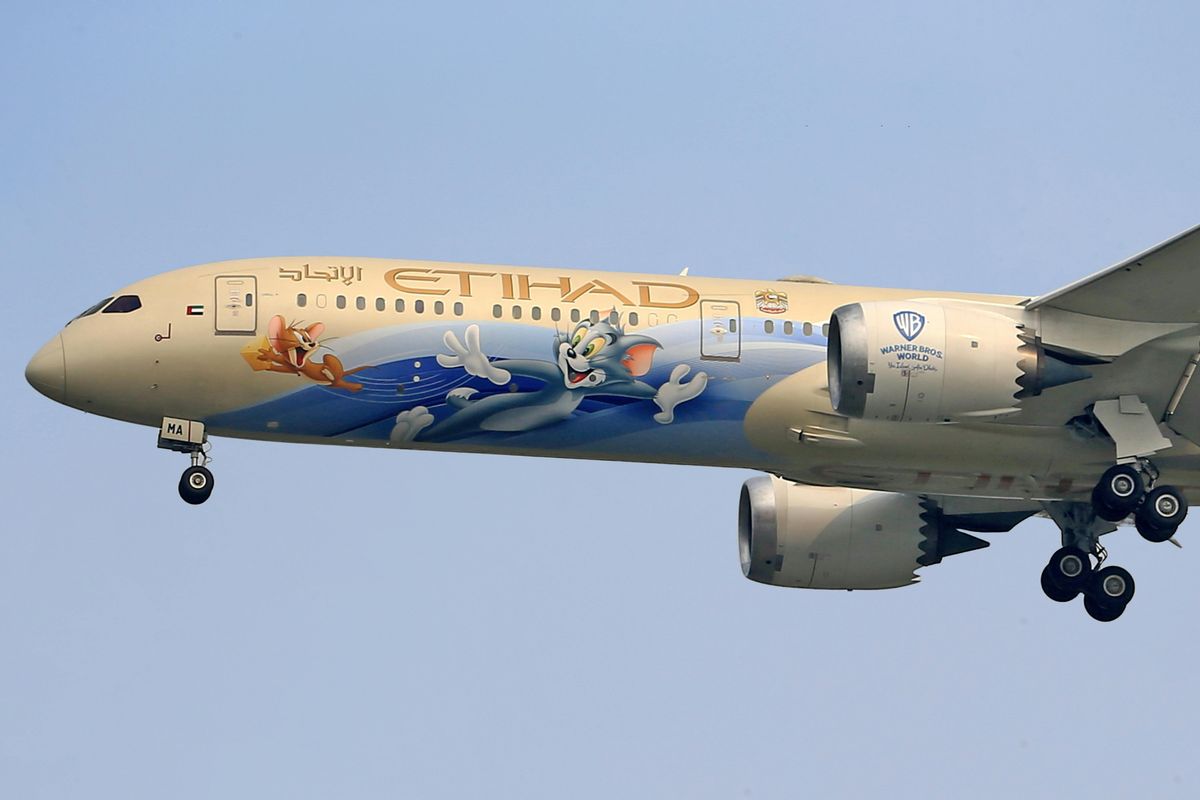Key Takeaways
• Nigerian government lifted $300 helicopter landing levy suspension on May 15, 2025, ending one-year pause.
• NAEBI Dynamic Concepts Limited authorized to collect fees mainly from oil companies’ helicopter operations.
• Airline Operators of Nigeria excluded; controversy remains over fee legality and financial impact.
The Nigerian Federal Government has made a major decision affecting the aviation and oil sectors by lifting the suspension on helicopter landing levies. On May 15, 2025, the government directed NAEBI Dynamic Concepts Limited to immediately resume collecting the $300 helicopter landing fee. This move ends a one-year pause that began in May 2024 and has sparked strong reactions from airlines, helicopter operators, oil industry unions, and other stakeholders.
What Happened: The Key Facts

Who: The Nigerian Federal Government, through the Ministry of Aviation and Aerospace Development, and the National Airspace Management Agency (NAMA), has empowered NAEBI Dynamic Concepts Limited to collect helicopter landing levies.
What: The collection of a $300 helicopter landing levy, which applies mainly to helicopters serving oil companies at airfields, platforms, terminals, and rigs.
When: The suspension was lifted and the directive issued on May 15, 2025, after a one-year break that started in May 2024.
Where: The levy applies across all Nigerian aerodromes, helipads, airstrips, floating production storage and offloading units, and oil platforms.
Why: The government says the levy is meant to boost aeronautical revenue, help NAMA become more self-sustaining, and bring Nigeria in line with international practices.
How: NAEBI Dynamic Concepts Limited will invoice companies directly, focusing on oil companies operating in the Gulf of Guinea. Helicopters operated by the Airline Operators of Nigeria (AON) are currently excluded from the fee.
How the Decision Was Made
The National Airspace Management Agency (NAMA) issued a circular on May 15, 2025, signed by the General Manager of Air Traffic Control Operations, Akut D.S. This document gave NAEBI Dynamic Concepts Limited the authority to start collecting the helicopter landing levy again. The circular specifically targets helicopter operations by oil companies, not regular airline operators.
NAMA’s spokesperson, Abdullah Musa, confirmed the change, saying, “The suspension has been lifted as approved by the ministry. It is with immediate effect.” This means the collection started right away, and companies were told to comply without delay.
The Background: Why Is This Levy So Controversial?
The $300 helicopter landing fee has been a hot topic since it was first introduced in 2023. The Federal Ministry of Aviation and NAMA imposed the fee on oil companies for helicopter movements, arguing that it was needed to support the aviation sector’s finances.
In April 2024, the government gave NAEBI Dynamic Concepts Limited exclusive rights to collect these fees at all relevant locations. However, this move led to strong criticism from aviation stakeholders, who questioned the legality of letting a private company collect such fees.
Because of the backlash, Minister of Aviation and Aerospace Development, Festus Keyamo, suspended the levy on May 30, 2024. He also set up a review committee with members from the ministry, NAMA, AON, international oil companies, and NAEBI Dynamic Concepts Limited to discuss the concerns.
Despite these efforts, NAMA announced in November 2024 that it planned to restart the fee collection, saying it was necessary to ease the agency’s financial burden.
Government’s Reasons for the Levy
The Ministry of Aviation and Aerospace Development says the helicopter landing levy is an international best practice. They argue that:
- It generates extra revenue for the Nigerian Federal Government.
- It helps NAMA become more self-sustaining by collecting money from both upper and lower airspace.
- It brings Nigeria in line with other countries like the United States 🇺🇸, United Kingdom 🇬🇧, and India 🇮🇳, where similar fees exist.
For example, Tallahassee International Airport in Florida 🇺🇸 started charging helicopter landing fees in October 2022. The ministry says this shows that Nigeria is not alone in charging such fees.
The government also points to the amended NAMA Act of 2022, which allows NAMA to collect aeronautical revenues from all airspace. Since helicopter operations are common in Nigeria’s lower airspace, the focus has shifted there.
Minister Keyamo claims that the Airline Operators of Nigeria, who once opposed the fee, have now agreed to it. However, this claim is disputed by some airline representatives.
Stakeholder Reactions: Who Supports and Who Opposes?
Airline Operators of Nigeria (AON)
The AON has been one of the loudest critics. Their spokesperson, Prof Obiora Okonkwo, says members will not pay more charges, arguing that airlines already face too many taxes. Capt Ado Sanusi, Managing Director of Aero Contractors and an AON member, also denied that operators had agreed to the fee, saying they had not been officially informed about the restart.
Helicopter Operators
Domestic helicopter operators have raised several concerns:
- Why is a private company collecting the fee? Many question the propriety of the Ministry of Aviation making a deal directly with NAEBI Dynamic Concepts Limited.
- What services does NAMA provide in return? Operators want to know what they are paying for.
- Why is the fee the same for all helicopters? Normally, landing charges depend on the weight of the aircraft, but this fee is a flat $300.
- Why must the fee be paid in US dollars for domestic flights? This requirement adds extra cost and complexity.
Oil Industry Unions
Petroleum unions, represented by NUPENGASSAN, have threatened to strike if the fee is not reviewed. They argue that the levy could threaten the sustainability of helicopter transport, which is vital for Nigeria’s oil and gas industry.
Financial and Operational Impact
The reintroduction of the $300 landing fee has big financial consequences, especially for helicopter operators serving the oil and gas sector. NAMA has explained that several financial pressures led to the decision:
- Budget limitations: The agency does not get enough money from the government.
- Problems collecting revenue: It is hard to get all the money owed.
- High operational costs: Running air navigation services is expensive.
- Dependence on foreign exchange: Many costs are in US dollars, making budgeting difficult.
- Revenue deductions: 50% of NAMA’s internally generated revenue goes to the federal government.
- Other payments: NAMA must pay 10% of International Air Transport Association remittances to the Nigerian Meteorological Agency.
These challenges make it hard for NAMA to provide safe, reliable, and efficient air navigation services. The agency says it needs the extra revenue to modernize equipment, maintain infrastructure, and train staff.
How the Levy Will Be Collected
NAEBI Dynamic Concepts Limited is now responsible for collecting the helicopter landing levy. The company will:
- Invoice companies directly: Oil companies operating helicopters will receive bills from NAEBI Dynamic Concepts Limited.
- Focus on oil sector operations: The main targets are helicopters serving oil companies in the Gulf of Guinea.
- Exclude AON operators: For now, helicopters operated by the Airline Operators of Nigeria are not subject to the fee.
The government expects all companies to comply with the new directive. Minister Keyamo has acknowledged that some oil companies still have concerns and has promised to engage with them.
What Happens Next? Possible Outcomes and Future Developments
The resumption of the helicopter landing levy could lead to several important developments:
- Legal challenges: Stakeholders who question the legality and transparency of the levy may take the government to court.
- Industrial action: Petroleum unions may strike if their concerns are not addressed, which could disrupt oil and gas operations.
- Ongoing negotiations: The government may continue to talk with stakeholders to find a compromise.
- Changes to the policy: Based on feedback, the government could adjust how the levy is collected or who it applies to.
This situation highlights ongoing issues in Nigeria’s aviation sector, such as transparency, accountability, and the rules for providing aviation services.
Broader Implications for Immigration and International Business
While the helicopter landing levy is not an immigration fee, it has important effects on international business and the movement of people and goods. Many foreign workers, especially in the oil and gas sector, rely on helicopter transport to reach offshore platforms and remote locations. Higher costs for helicopter operators could:
- Increase the cost of doing business: Oil companies may pass on the extra costs to their clients or reduce their operations.
- Affect foreign investment: If Nigeria 🇳🇬 is seen as an expensive or unpredictable place to operate, international companies may look elsewhere.
- Impact job opportunities: Higher costs could lead to fewer flights, which might affect employment for pilots, engineers, and support staff.
According to analysis by VisaVerge.com, changes in aviation fees and regulations can have a ripple effect on international mobility, business operations, and even the willingness of foreign companies to invest in a country.
What Should Stakeholders Do Now?
If you are a helicopter operator, oil company, or other affected stakeholder, here are some practical steps to consider:
- Review your contracts: Make sure you understand how the new levy will affect your costs and operations.
- Engage with the authorities: If you have concerns, contact the Ministry of Aviation and Aerospace Development or NAMA to seek clarification.
- Monitor legal developments: Stay informed about any court cases or policy changes that could affect the levy.
- Plan for higher costs: Budget for the $300 fee and consider how it might impact your business.
For more information on Nigeria’s aviation regulations and official updates, you can visit the Federal Ministry of Aviation and Aerospace Development website.
Conclusion: A New Era for Aviation Fees in Nigeria
The Nigerian Federal Government’s decision to resume the $300 helicopter landing levy, with NAEBI Dynamic Concepts Limited in charge of collection, marks a turning point for the aviation and oil sectors. While the government argues that the fee is necessary and in line with global practices, many stakeholders remain unconvinced and concerned about the impact on their businesses.
The coming months will be crucial as companies, unions, and government officials continue to debate the best way forward. The outcome will shape not only the future of helicopter operations in Nigeria 🇳🇬 but also the broader business environment for both local and international players.
Staying informed, engaging with authorities, and planning for possible changes are the best ways for stakeholders to protect their interests as this situation develops.
Learn Today
Helicopter Landing Levy → A $300 fee charged to helicopters for landing, mainly targeting oil industry operations in Nigeria.
NAEBI Dynamic Concepts Limited → A private company authorized to collect helicopter landing levies across Nigerian aerodromes and oil platforms.
National Airspace Management Agency (NAMA) → Nigerian government agency responsible for airspace management and aviation service regulation.
Airline Operators of Nigeria (AON) → Association representing Nigerian airline companies, excluded from the helicopter landing levy.
Aeronautical Revenue → Income generated from charges related to air navigation and airport services.
This Article in a Nutshell
On May 15, 2025, Nigeria resumed collecting a $300 helicopter landing fee after one year suspended. The government empowered NAEBI Dynamic Concepts Limited for collection, mainly targeting oil sector helicopters, but airline operators are excluded amid ongoing stakeholder tensions and legal uncertainties.
— By VisaVerge.com








